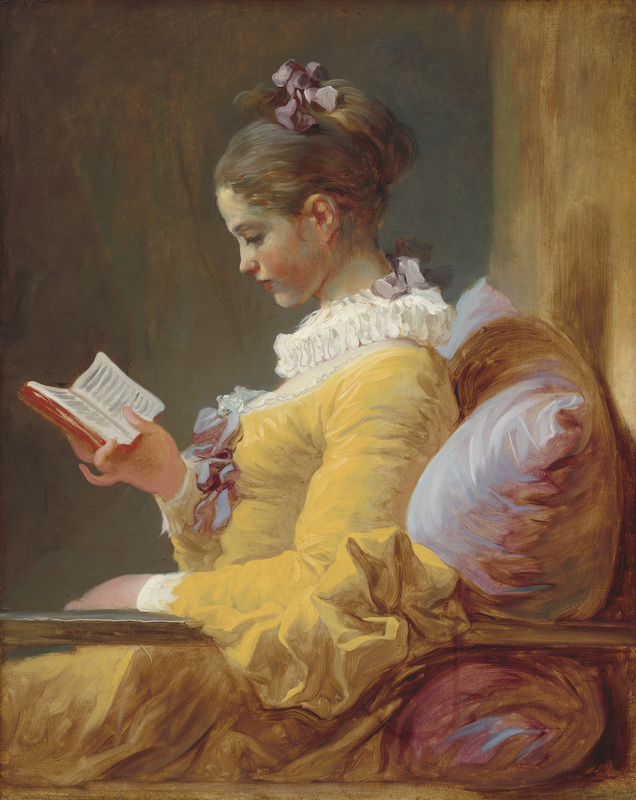|
The Breadcrumbs widget will appear here on the published site.
Down the Drain By Sarah Schwister QuailBellMagazine.com The number of people attending college has surged in the past four decades, increasing 32 percent in ten years alone. However, the ideal of the perfect college experience has changed. People are not longer going with the goal of becoming well-rounded citizens of the world. They attend college for pre-professional majors such as business, nursing, and accounting. What does this change mean? Clearly it means a change in what people are studying. There has been a steady decline in the number of humanities majors across the United States, going from 30 percent to 16 percent of all majors from 1970 to 2003, with the number of business majors jumping from 13.7 percent to 21.9 percent. Why the change? Students feel that majoring in business will ensure a job, especially during a recession. To save money, many schools are downsizing their less popular departments. At many campuses, this includes the English department. Combine those statistics with this: The upcoming generation is reading less. Teenagers would rather text than read books or even magazines because there's convenience and instant gratification in texting. Combine this shift in going to college as a means of earning job training with the tendency to drop books for Instagram (even the word “instant” is in its word base), and you have the extinction of the traditional English department. The concept of media and communications is booming, and there is the idea that they will take over the English Literature field. Why would people want to read a book for 12 hours when they can watch a 1.5 hour movie for the same story? But why is reading so important? Because it requires real focus and an active imagination. It doesn’t matter if you are reading Alexander Gin or Stephanie Meyer—reading a "bad book" is still better for your brain than watching a movie or TV show. From 1997 to 2006, the diagnosis of ADHD increased 3 percent every year, and from 2007 to 2011, it increased 5 percent each year. It seems that this world needs something that can strengthen attention spans, especially in children. Not only does reading help attention span, but it also helps people develop empathy. Studies show that Harry Potter actually helps people feel empathy for people in need, like immigrants and refugees. A movie can’t give you that, not to that affect. In a world filled with hate—hate for LBGT, hate for immigrants, hate for ethnic groups, hate of people of different beliefs—losing the ability to cultivate empathy is a major loss to humanity. While it is far from the cure of all social ills, literature is a good step forward with its ability to help others empathize. Although, that isn’t even the greatest gift that it gives us: the ability to live in someone else’s consciousness. That's not a skill a big money-making major will necessarily help you develop. Despite this shift away from the humanities on college campuses, there is plenty of room for adaption for the modern mind in the modern classroom. Students respond better to creative writing assignments, for example, than to term papers, and integrating mixed media (e.g., film, music, television) can bring a contemporary slant to literature that makes it more tangible. Even with professors making such adjustments, Americans are still turning away from serious fiction, and sadly the literary novel may wind up mostly forgotten, like poetry. This means budget cuts. This means fewer resources for English professors and English majors. When universities turn the lights off on their English departments, they are surrendering to ignorance and laziness. #Real #EnglishMajor #Reading #Literacy #HigherEducation #CollegeMajors #ReadingLiterature #Books Visit our shop and subscribe. Sponsor us. Submit and become a contributor. Like us on Facebook and follow us on Twitter. CommentsComments are closed.
|
|









